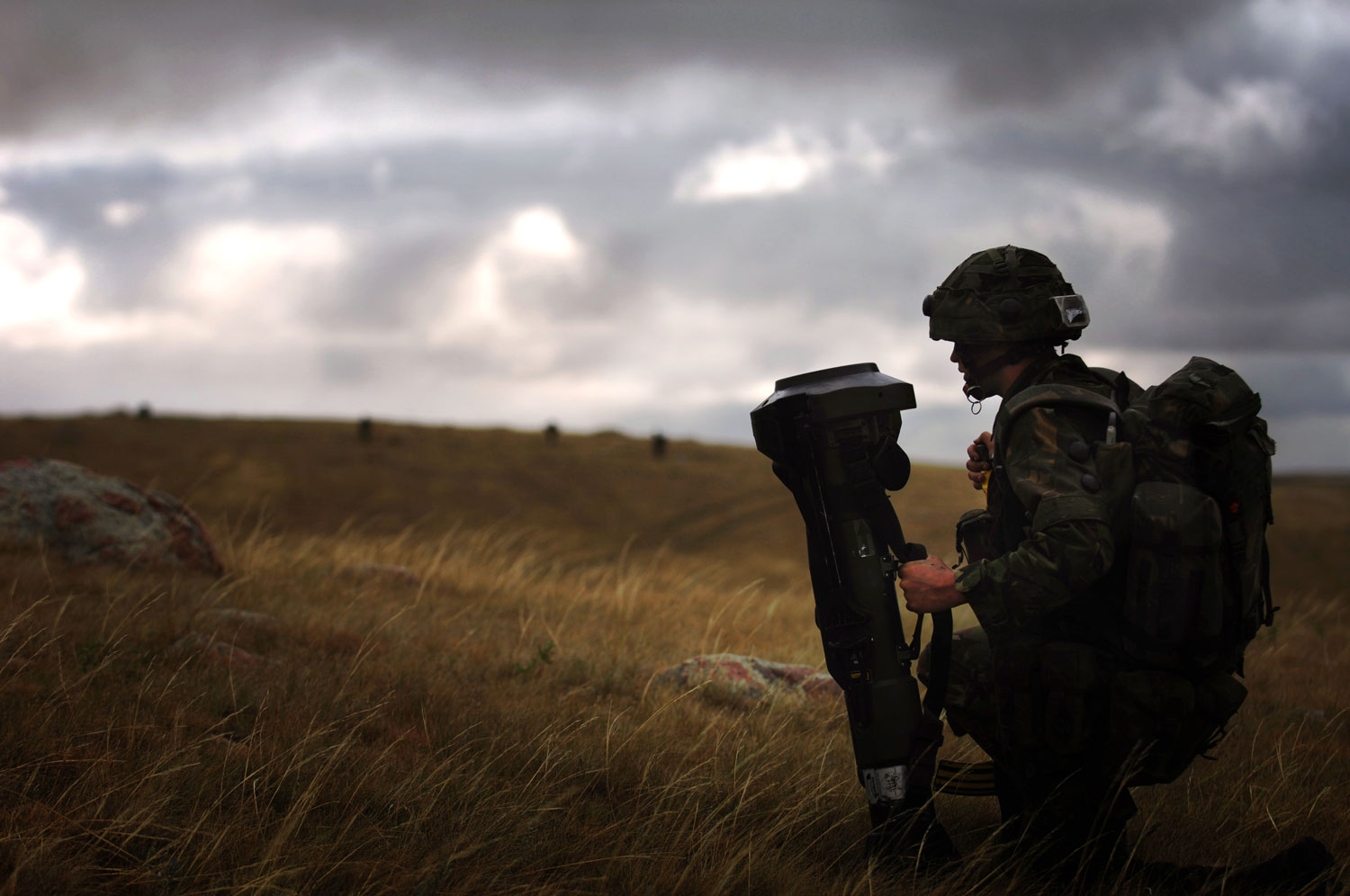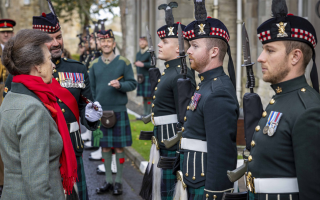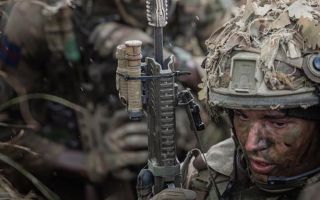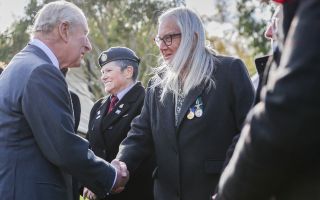
Tri-Service
Exclusive: Tom Tugendhat MP On Why Weakening The Forces Harms Us All

Tom Tugendhat MBE is the Conservative Party MP for Tonbridge and Malling. He served in Afghanistan and Iraq with the British Army, reaching the rank of Lieutenant Colonel.
Combat is not the same as policing.
The same rules cannot apply to someone expecting an enemy attack at any moment and a policeman patrolling a normally peaceful street. But lawyers are increasingly trying to impose civilian norms on a military environment.
Not only does this put unfair pressure on service personnel, it also harms the very people it is supposed to protect – both military and civilian.
Worse, it leaves Britain less able to defend itself. That’s why the recent growth of judicial action against service personnel is wrong. It weakens us all.
As those of us who have served know, military operations are inherently risky and their prime purpose, unlike other businesses, is not the survival of the participants but achieving the mission. This doesn’t mean soldiers are cavalier with their lives or those they command, but it focuses the mind to ensure the missions are both necessary and worthwhile.
Once the decision to engage is taken by politicians, those taking the risks cannot factor in the opinion of a future court as well as the actions of a present enemy. That distraction costs lives. Instead, they must have the freedom to evaluate the risks and take the action required to succeed and limit the harm to all parties.
This does not mean that a battlefield is lawless, it is a question only of which law applies. Should it be humanitarian law, which was codified in the Geneva Conventions and is accepted worldwide, or should it be human rights law, which was written to apply to signatory states only?
Today, that basic humanitarian law is being ignored and with it the simplicity that allows a soldier the freedom to act reasonably in battle. By identifying combatants and non-combatants the Geneva Conventions help those engaged in lawful violence to engage their enemy and defend civilians.
More complex human rights law changes the conditions of service by refusing to accept that there is anything unique about a military operation and failing to see the difference between lawful and unlawful targets.
This means that civilians have no more rights than fighters, reducing the imperative for soldiers to do exactly what they’re supposed to – take risks so that those less prepared and less able do not have to.
Those who wrote the European Convention on Human Rights knew just that. They were, mostly, British lawyers whose experience in combat during the Second World War shaped their words. They knew clearly the difference between the rights of Allied and Axis soldiers on the beaches of Normandy were not the same as those of the many millions whose human rights were violated because of their race and who were murdered in the death camps.
Failure to see the difference weakens the protection of both as it prevents the necessary, legal, use of force to end the abuses.
The law that should apply to war is found in the Geneva Conventions. What the lawyers are pushing is not justice but judicial control and in doing so, they are weakening our nation.








